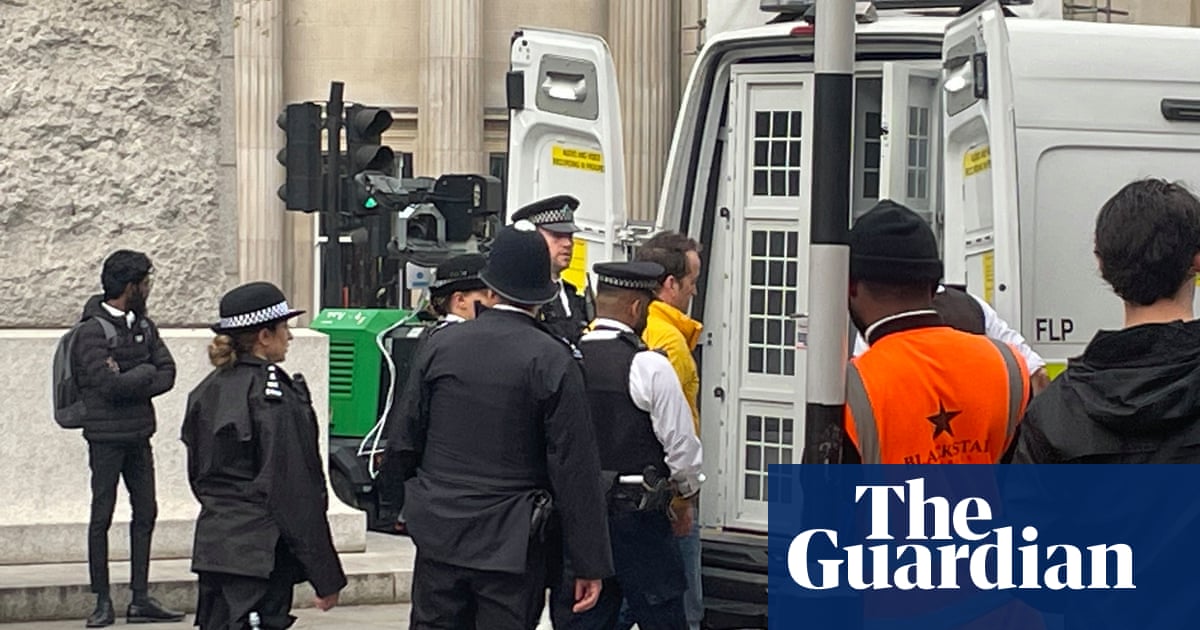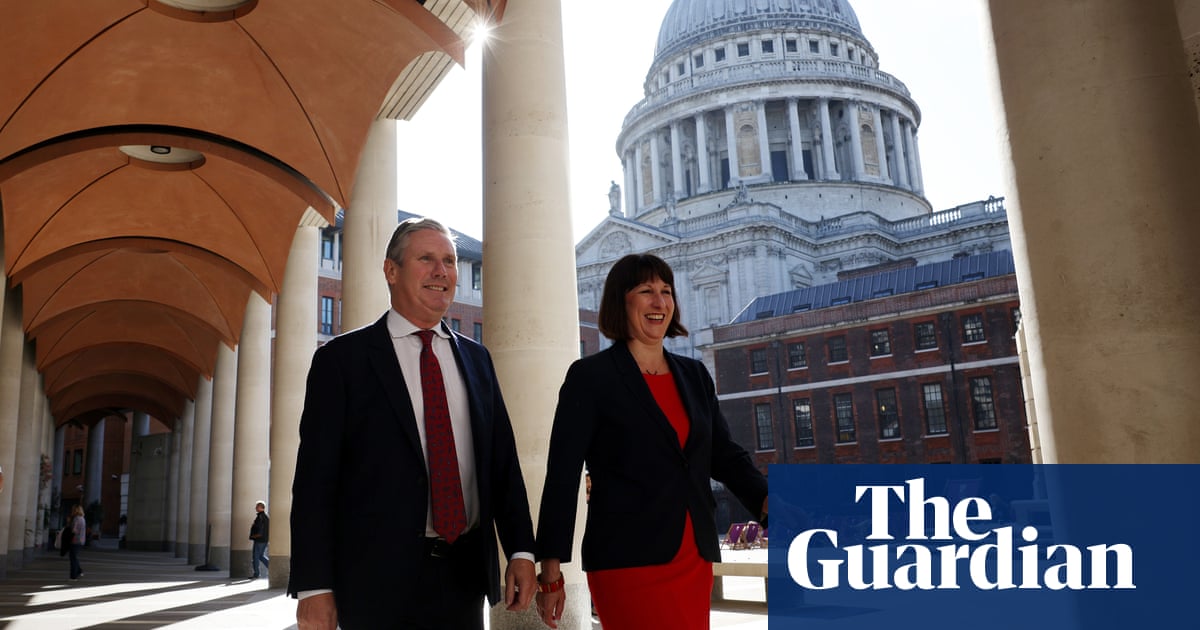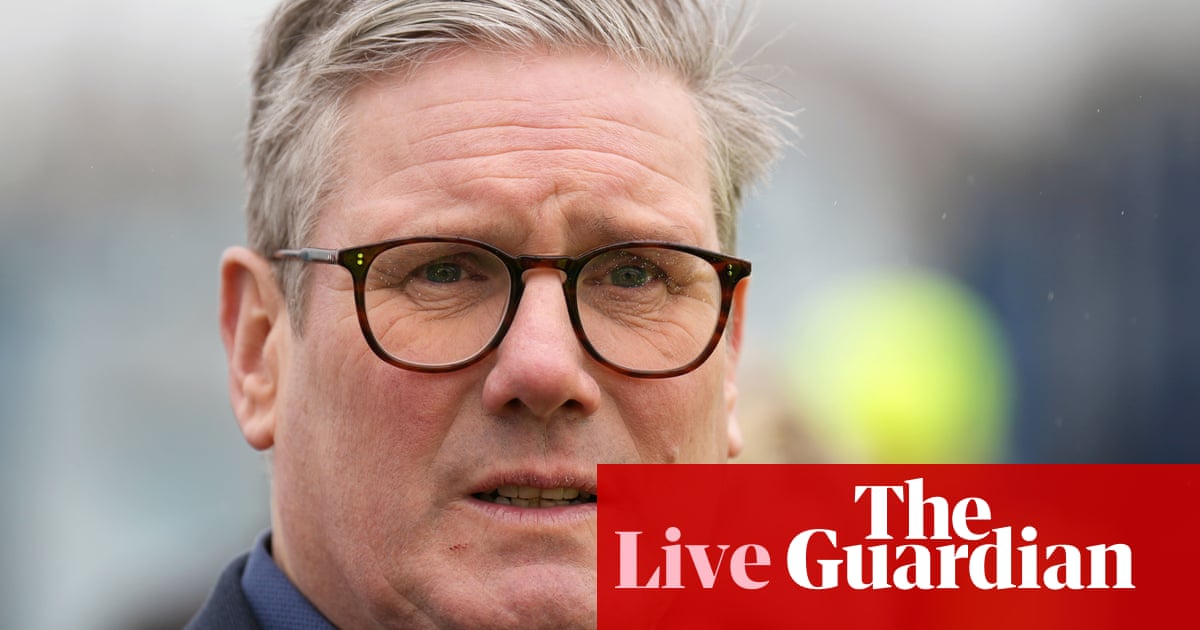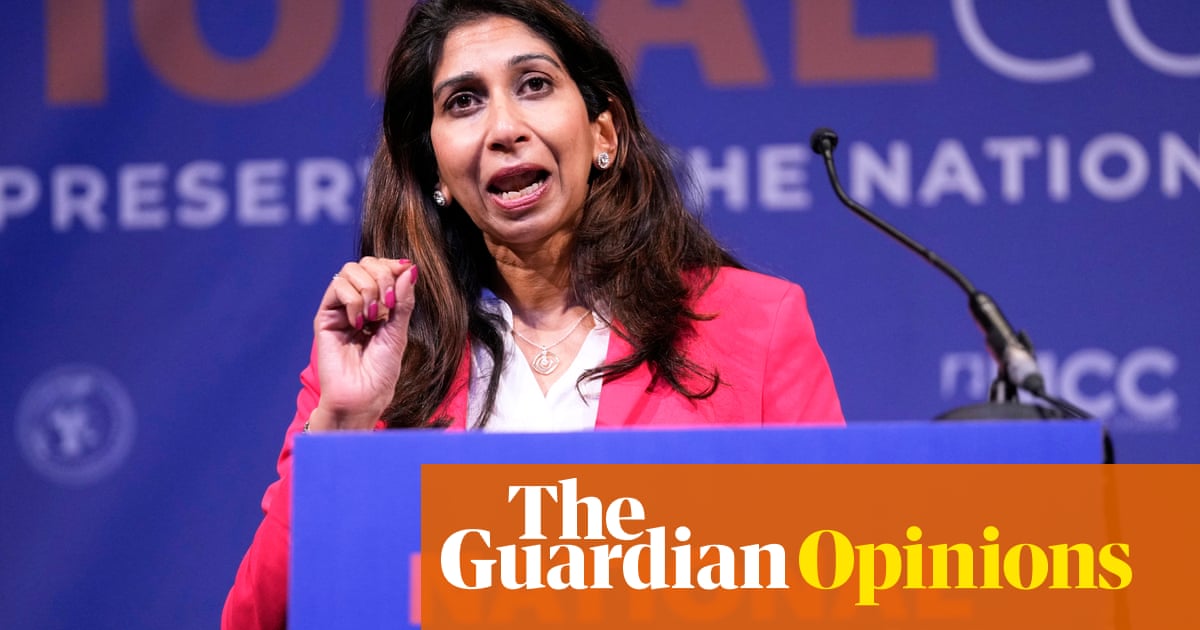
Mistakes must have been made in the arrests of six anti-monarchy protesters before the king’s coronation, the Labour frontbencher Lisa Nandy has suggested, after the Metropolitan police said no action would be taken against them.
Nandy said “something has gone wrong” amid growing pressure on the government as well as police to account for the arrests.
The UK’s biggest police force expressed “regret” late on Monday that the six demonstrators from the Republic campaign group were arrested before the coronation on Saturday.
Speaking for the first time about the policing of the coronation, Rishi Sunak defended the new anti-protest laws used against the Republic campaigners, while avoiding the question about whether the response had been proportionate.
Graham Smith, the head of the group, said it was considering legal action and demanded an inquiry into the conduct of officers, after revealing a chief inspector and two other officers from the Met apologised to him at his home in Reading on Monday.
Sunak and a Home Office official insisted “the police are operationally independent of government”, but as the Home Office pushed through controversial new powers for police in the Public Order Act days before the coronation, pressure is likely to mount.
“Of course people have the right to protest freely but peacefully, but it is also right that people have the ability to go about their day-to-day lives without facing serious disruption,” Sunak said in a brief TV interview during a visit to a doctors’ surgery in Southampton.
“What the government has done is give the police the powers that they need to tackle instances of serious disruption to people’s lives. I think that is the right thing to do and the police will make decisions on when they use those powers.”
Sunak was asked specifically about the arrest of Republic members, who were held on suspicion of possessing items which could be used for a “locking on” protest, which turned out to be luggage straps. The offence falls under the new public order act, which gained royal assent days before the coronation.
Asked if these arrests worried him, Sunak said police were “rightly, operationally independent of government”, adding: “They make the decisions on the ground in the way they see fit.
“It wouldn’t be right for me to interfere with their operational decisions but it is right for the government to give the police the powers to tackle serious disruption.
Nandy told BBC Breakfast: “Clearly, something has gone wrong in this case.
“Peaceful protest is an important part of British democracy. The Met accepted that and I think the mayor of London is right to ask for a review to determine what exactly went wrong in this case.
“Whatever it was, this was a very complex policing operation. It largely went off without a hitch and I think the police deserve credit for that. But where there are incidents like this, we have to take them seriously and I think that it’s right that we learn the lessons and take steps to rectify that.”
On the use of powers under the Public Order Act, she said: “It’s not clear in this case whether the problem is with the legislation, or whether the problem is more operational and a matter for the police.”
Scotland Yard released a statement on Monday night stating that it believed items found alongside a large number of placards – thought to be luggage straps – could be used as “lock-on devices”.
“The investigation team have now fully examined the items seized and reviewed the full circumstances of the arrest,” the statement added. “Those arrested stated the items would be used to secure their placards, and the investigation has been unable to prove intent to use them to lock on and disrupt the event.
“This evening all six have had their bail cancelled and no further action will be taken. We regret that those six people arrested were unable to join the wider group of protesters in Trafalgar Square and elsewhere on the procession route.”












